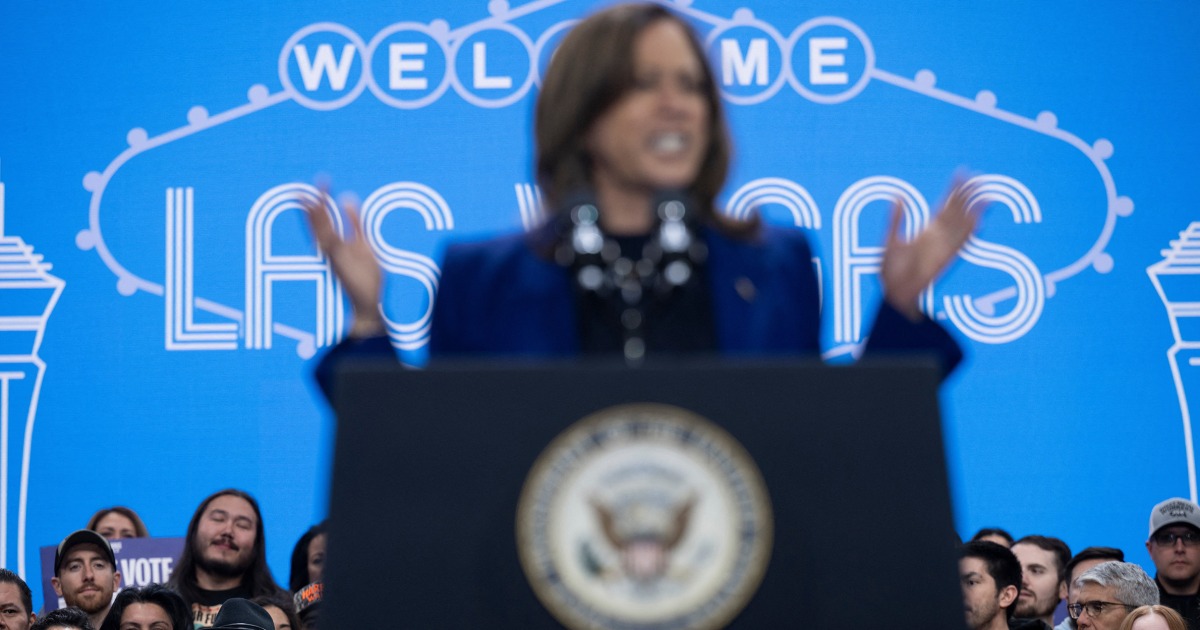
Mortgage rates have had a bad month. Or let's say a bad three years. It's no surprise that prospective homebuyers are eager for a silver lining in the housing market.
With today's presidential election outcome unclear, mortgage rate relief isn't coming soon. Economic and political uncertainty won't likely ease much before tomorrow's Federal Reserve's November monetary policy meeting. Since early 2022, the Fed increased interest rates 11 times to tame inflation , which sent mortgage rates soaring.
All bets are that the Fed will proceed with a reduction of the federal funds rate on Thursday, its second cut in over four years. This week's anticipated 0.25% interest rate cut won't suddenly cause mortgage rates to fall by the same amount.
Following the Fed's 0.5% rate cut in September, mortgage rates went up, not down. Although the central bank's policy decisions and economic outlook affect credit markets, the Fed doesn't directly set mortgage rates .
Mortgage rates are highly volatile and respond to multiple factors , like investor expectations, inflation and labor data. For example, after rates hit a two-year low in early September, a surprisingly strong employment report sent them back up close to 7%. Anxiety over the presidential election is only adding fuel to the fire.
Skepticism over the direction of the economy (with either candidate) is a big reason why 10-year bond yields increased last month. The 10-year Treasury bond and mortgage rates have a strong correlation and tend to move in tandem. The long-term view for mortgage rates In recent weeks, bond market investors have panicked over how the next administration's economic policies could lead to higher government spending and put upward pressure on rates.
Rising inflation could prompt the Fed to keep interest rates higher for longer, delaying additional rate cuts. Once the election results are clear, there should be less volatility in the bond market and mortgage rates. Experts don't predict dramatically lower mortgage rates, independently of who wins the presidency and how the Fed acts.
In the long term, multiple future cuts and weaker economic data should help mortgage rates fall . There tends to be a lag between when the central bank starts lowering interest rates and when mortgage rates catch a consistently downward trend, said Jeff Weniger , CFA and head of equity strategy at WisdomTree Asset Management. Mortgage rates can take two to five years to reflect the full effects of Fed cuts.
Experts also don't know the new "low" for mortgage rates -- it could be 5% or 4% -- but it all depends on the evolving economic outlook. Regardless, a return to the pandemic-era 2-3% rates is unlikely. Read more : CNET's Weekly Mortgage Predictions Don't wait for the lowest mortgage rate Ultimately, there's no way to predict the future of the housing market.
Anything could shake up the economy, from another major crisis to a surprise uptick in inflation. Without a crystal ball, your best recourse is to keep an eye on daily mortgage rate movement. As mortgage rates start to fall, some homebuyers will jump into the market.
Others will hold out for even lower rates. Waiting too long could also be risky. Last month, mortgage rates appeared to be inching toward 6% but quickly reversed course.
Now, they're close to 7% again. "It's impossible to guarantee what mortgage rates will do. So you need to take advantage of the opportunities when they come," said Jeb Smith , a CNET Money expert and realtor with over 20 years of experience.
You shouldn't rush into a home purchase (even if rates are falling) if it doesn't make sense for your budget or lifestyle. Taking extra time to build your credit score and put aside cash for a bigger down payment will help you in the long run, while also helping you save money on your future mortgage..














